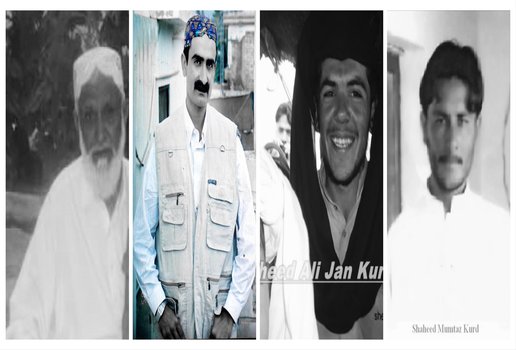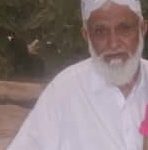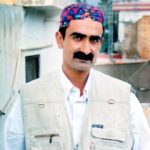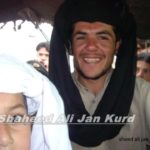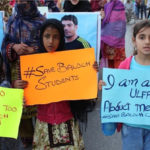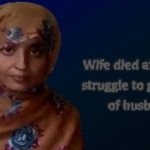It is more than 10 days that Mr. Jumma Khan Kurd, a resident of Mach Balochistan waits for news of his son, Abdul Hai Kurd. Abdul Hai Kurd was whisked away by the security forces from Mach town on 21 May, in what amounts to be a case of enforced disappearance. He was sitting in Koh Baash restaurant when two Vigo pick-ups with more than 20 army personnel accompanied by intelligence agencies, encircled the restaurant and took Abdul Hai with them. Abdul Hai was blindfolded and his hands tied before being escorted to one of the waiting pick-ups. Aged 35, he was a farmer and was the only supporting member of a large family already devastated by the previous enforced disappearances.
Since 2005 the security forces have been carrying out enforced disappearances in Balochistan with complete impunity. Mr. Jumma Khan himself is also not new to the experience of waiting for a loved one who is forcibly disappeared. His another son, Ali Sher Kurd, an accomplished lawyer and a columnist was forcibly disappeared in September 2010. His bullet-riddled body was found dumped in Khuzdar on 24 September 2010. Shortly after receiving his son’s dead body, Mr. Jumma Khan’s three nephews, Ali Jan kurd, Mumtaz Kurd and Liaquat Kurd were forcibly disappeared. Ali Jan and Mumtaz were both tortured to death and their bodies were thrown in Quetta city. Liaquat Kurd was released later after severe tortures and he is mentally unstable since then. He still suffers from long term physical and psychological repercussions.
Mr. Jumma Khan never received any official news of his sons and nephews when they were disappeared in the past. And now, the whereabouts and conditions of his son, Abdul Hai are not being revealed to him despite his various pleadings with different officials.
Pakistan’s security forces are heavily involved in thwarting a separatist movement in the Balochistan province and uses enforced disappearance as a tool to target political activists and dissidents who oppose the military’s policies. Military is keeping the families of disappeared persons in a state of anguish and distress. Initially a simple participation in a demonstration could qualify someone for being forcibly disappeared for months but recently the scope of the victims have increased to people who were never involved in political movement. Victims now include children and women. Mostly, the disappeared people are never released or heard of, but some families found themselves fortunate to receive the dead body to bury. Mr. Jumma Khan has already buried three dead bodies, but he does not know either his wait for his son would be infinite or once again he would receive his son, either dead or alive.
